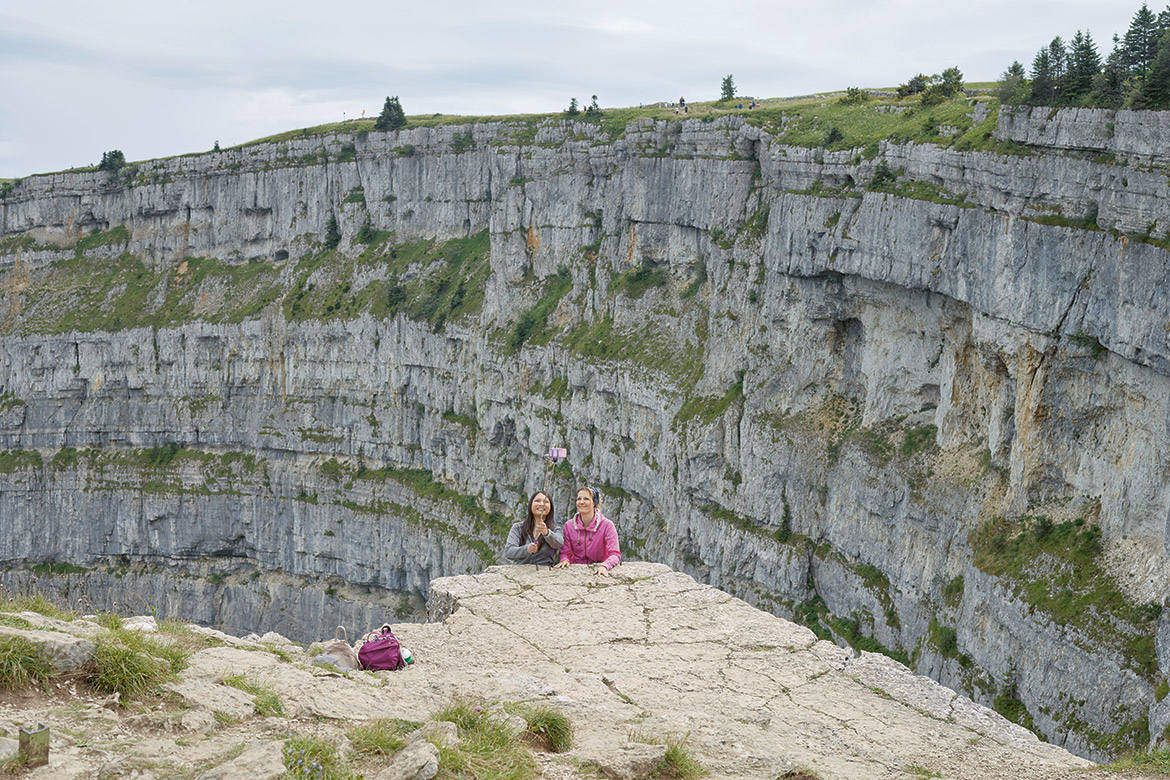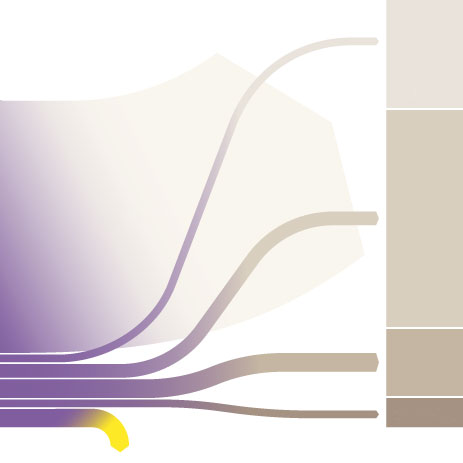Cheers to Horizons, the independent Swiss science magazine!
Horizons should stimulate debate about research and science policy, writes Matthias Egger, the President of the Research Council of the Swiss National Science Foundation

Ensuring dialogue between science and society is an important role played by the SNSF and the Academies, says Matthias Egger. | Image: Manu Friederich
“Should a university be allowed to develop weapons and acquire knowledge that might be used for military purposes?”.
“Who will pay for tomorrow's Cern? Roadmaps are designed to facilitate the planning of expensive research infrastructure. But there’s no vision for their long-term operation”.
“The Swiss education system has been subjected to major reforms in recent years. Some complain that reform has become pathological, while others praise it for bringing changes that were long overdue”.
These are just a few of the provocative statements and questions that have featured recently in Horizons, the research magazine published by the Swiss National Science Foundation (SNSF) and the Swiss Academies of Arts and Sciences. This approach regularly makes some readers very unhappy (see the letters to the editor) and sometimes leads to heated discussions at the Research and Foundation Councils of the SNSF. So why would conservative institutions like the SNSF or the Academies publish such articles in the first place? The answer is simple: they do not.
Horizons is an independent Swiss research magazine and fulfils an important role in science communication in our country. It aims to contextualise and critically evaluate the results of topical Swiss and international research, and to facilitate debate on new technologies, innovations and science policy. Fostering a dialogue between science and society at large is an important element in the briefs of both the SNSF and the Academies. Yes, Horizons is entirely funded by the SNSF and the Academies, but it is not their corporate magazine – the opinions in its articles are those of their authors, and do not necessarily reflect those of the SNSF or the Academies.
To make this clear and to avoid confusion in the future, as of the current issue, Horizons will emphasise its status in a new subsidiary title: “The independent Swiss science magazine”. Furthermore, the logos of the SNSF and the Academies will be relegated to the two corporate pages at the back of the printed French and German versions of the magazine, where the columns by Antonio Loprieno and by me will continue to appear, along with news from our organisations. These corporate pages are now clearly and visually separated from the rest of the (otherwise independent) magazine.
The success of Horizons in recent years was due in no small part to its visionary and creative Editor-in-Chief, Dr Daniel Saraga. Sadly, he has now left Horizons. Thank you, Daniel, for all your provocative hard work!




